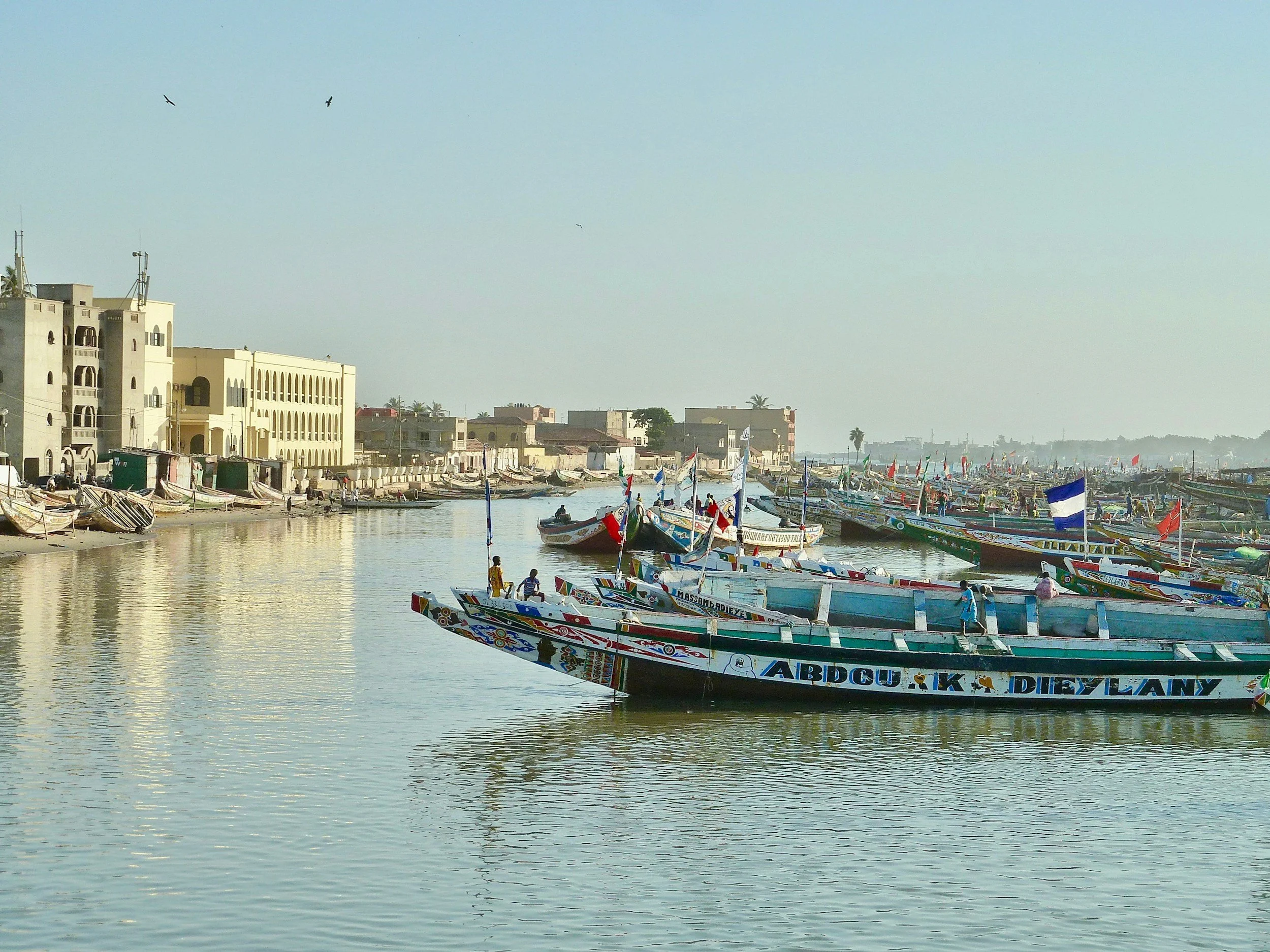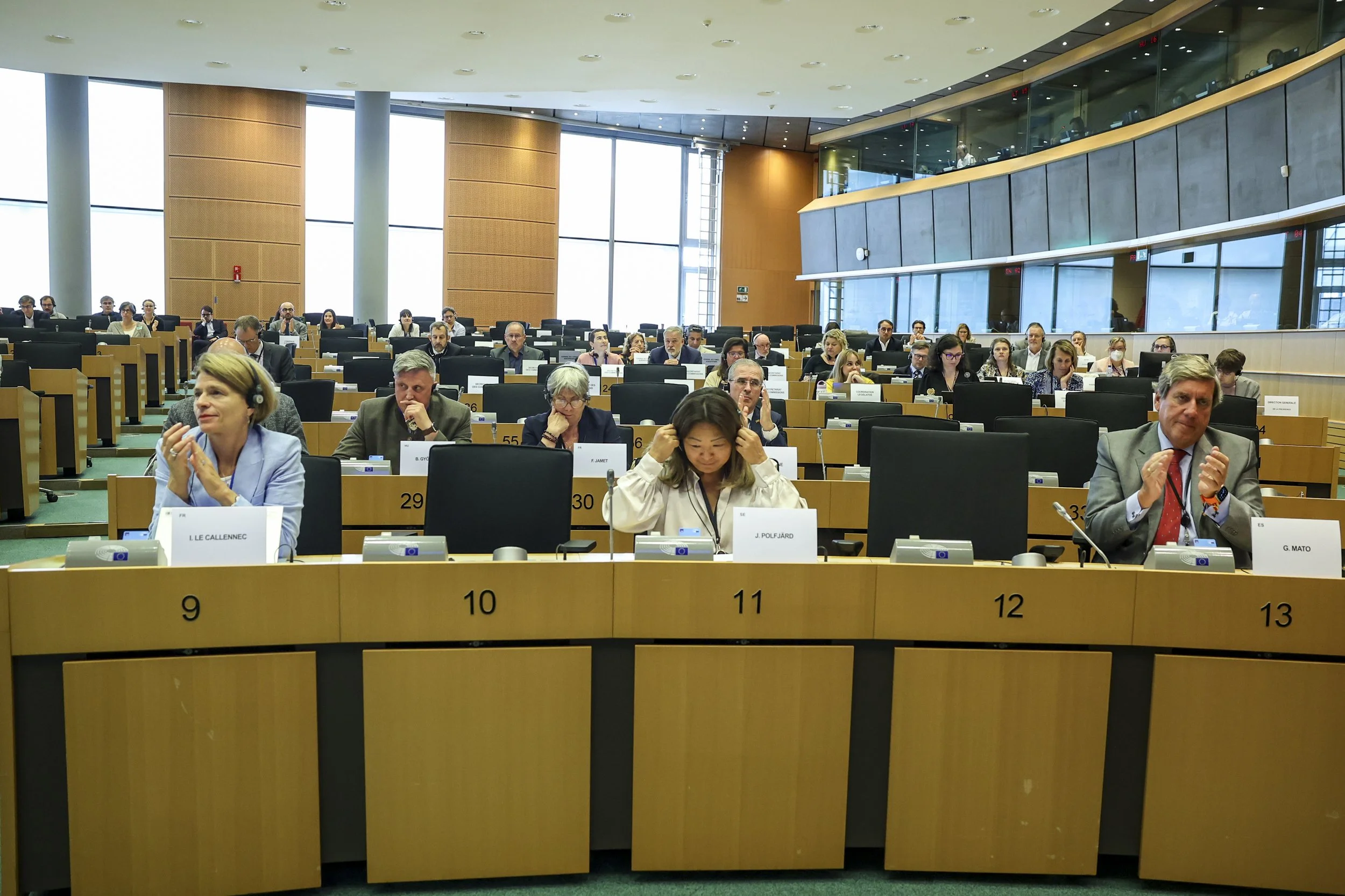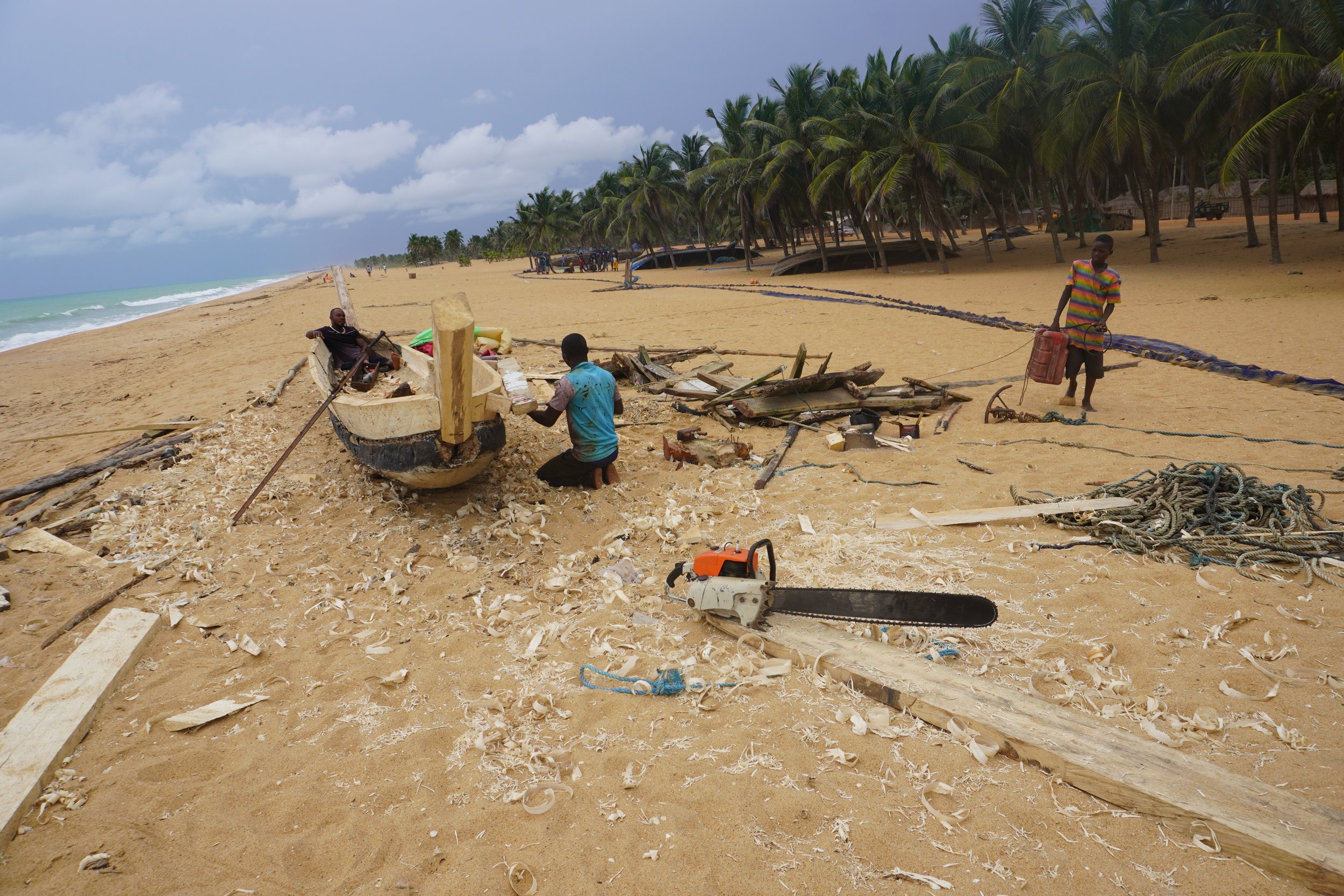The European Commission seeks to unlock further benefits from the ocean whilst ensuring conservation; however small-scale fishers warn that this will bring compromises in which they are going to be the most vulnerable sector.
It’s a long way to mutual understanding: European and African stakeholders find common ground on fishing joint ventures
The European Transport Federation (ETF) examines the new social clause in European fisheries agreements
8th OACPS Ministerial meeting declaration: "SSF are the mainstay of OACPS' fisheries sector with enduring roots in traditions and values"
MEPs discuss international challenges to be addressed by EU fisheries and aquaculture policies
Liberian artisanal fishers oppose further unravelling of their fishing zone to let trawlers in
In April 2024, the Liberian National Fisheries and Aquaculture Authority (NaFAA) invited several fisheries stakeholders to validate a draft fisheries management plan for a multi-species deep-water shrimp fishery, which are very vulnerable and already over-exploited. LAFA deplores the absence of an appropriate stakeholder engagement during the development of the plan.
Publication of the list of vessels authorised to fish in Senegal: "The fight for transparency in fisheries is only beginning"
Women in fisheries at the forefront of African and European fisheries stakeholders’ dialogue
Artisanal fisheries in the spotlight at the first FAO Sub-Committee on Fisheries Management
Back in 2022, African artisanal fishers asked that the implementation of the FAO guidelines on sustainable small scale fisheries be a standing item in the agenda of the new Sub-Committee and insisted it was essential to allow artisanal fisheries organisations to participate actively to its discussions.
The message from African artisanal fishers to the FAO: "Sardinella should be reserved for small-scale fishers, for human consumption, not for fishmeal"
The FAO organised a workshop in Accra (Ghana) from 5 to 7 December on the theme: "Optimising food and nutritional security and the benefits of small pelagic species production in sub-Saharan Africa". In a joint presentation, CAOPA and CFFA warned of the impact of the decline in sardinella in West Africa on fishers, women fish processors and consumers.
African countries to develop guidelines for the negotiation of fair and transparent fisheries agreements
Senegalese small-scale fishers denounce the granting of new fishing licences
Accused of greenwashing and opacity, the French company Olvea replies. Is it convincing?
The discussion on Olvea’s role in the exploitation of West Africa small pelagics for fishoil comes as the OECD’s Guidelines for Multinational Enterprises on Responsible Business Conduct have recently been updated and strengthened, to ensure responsible business conduct regarding their impacts across areas such as climate change, biodiversity and supply chain due diligence
OLVEA imports fish oil from West Africa: Greenwashing in action, transparency at a standstill
An episode of ARTE's investigative magazine Sources, entitled “Salmon: a story of smoke and mirrors,” traces the journey of fishmeal and fish oil produced in Mauritania coming to Europe.
Destructive and polluting Deep Sea mining should not get the green light, say fishers
Cacophony over Cameroon - EU sanctions the country for IUU whilst supporting a value chain involved in IUU
Industrial fishing operations in Cameroon’s waters are dominated by trawlers of foreign origin in joint ventures with local entrepreneurs where 83% of these vessels have been found to be connected to entities in China. These trawlers are allowed to exploit fish stocks beyond 3 nautical miles of the coastline, including the highly prized shrimps.
The number of deaths of African artisanal fishers is devastatingly high, says new research
Ghana artisanal fishers facing the perfect storm of climate change and IUU fishing
When people are starving, footage of fresh fish used for fishmeal is disturbing
EU-AU Summit: African fisheries stakeholders speak with one voice
With two weeks to go before the summit that will bring together the leaders of the European Union and the African Union in Brussels on 17 and 18 February 2022, the team that has taken over the reins of AFRIFISH - the continental platform that brings together non-state actors in African fisheries - is determined to make itself heard.




















